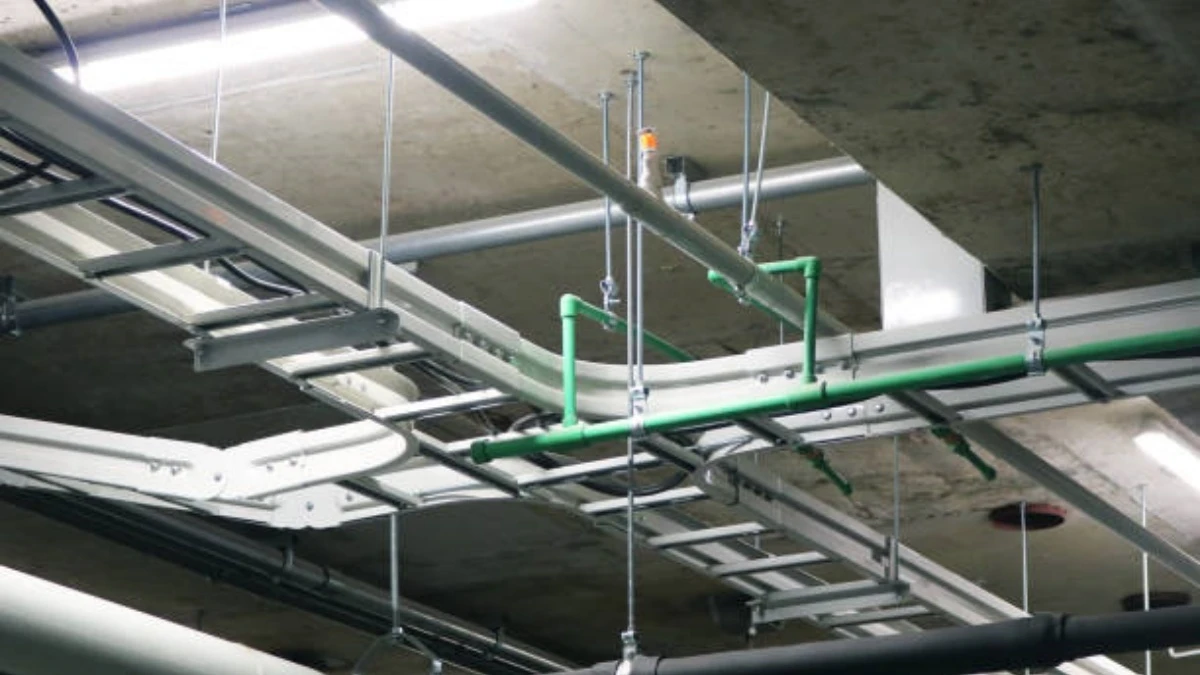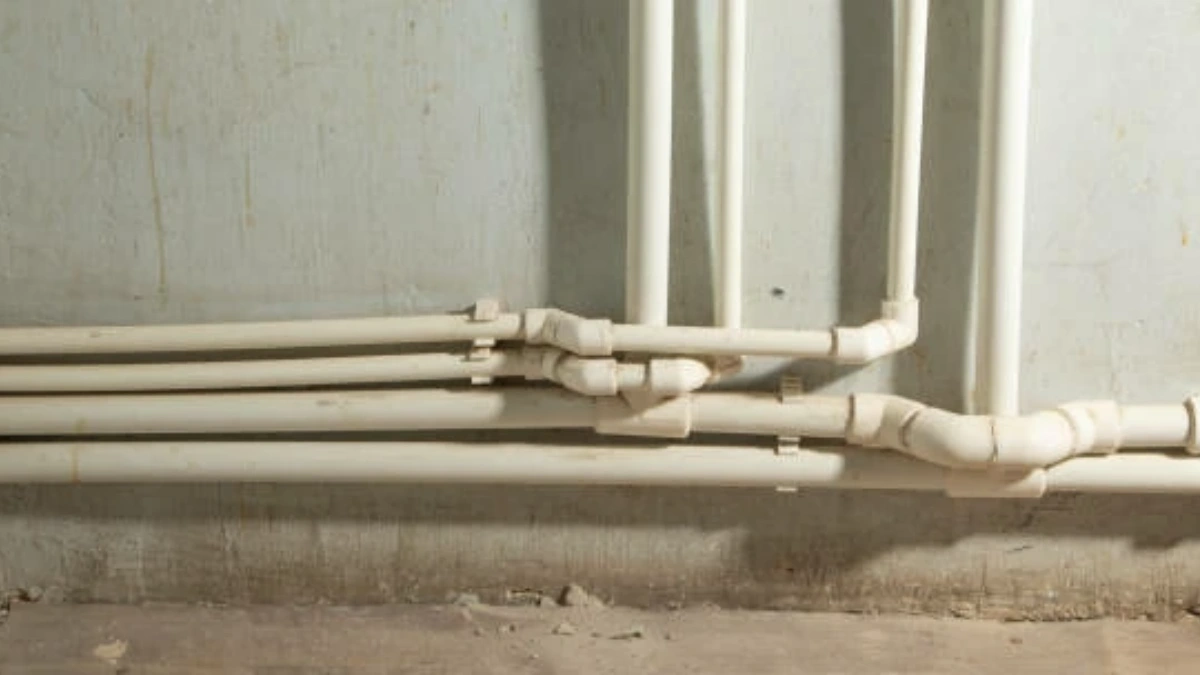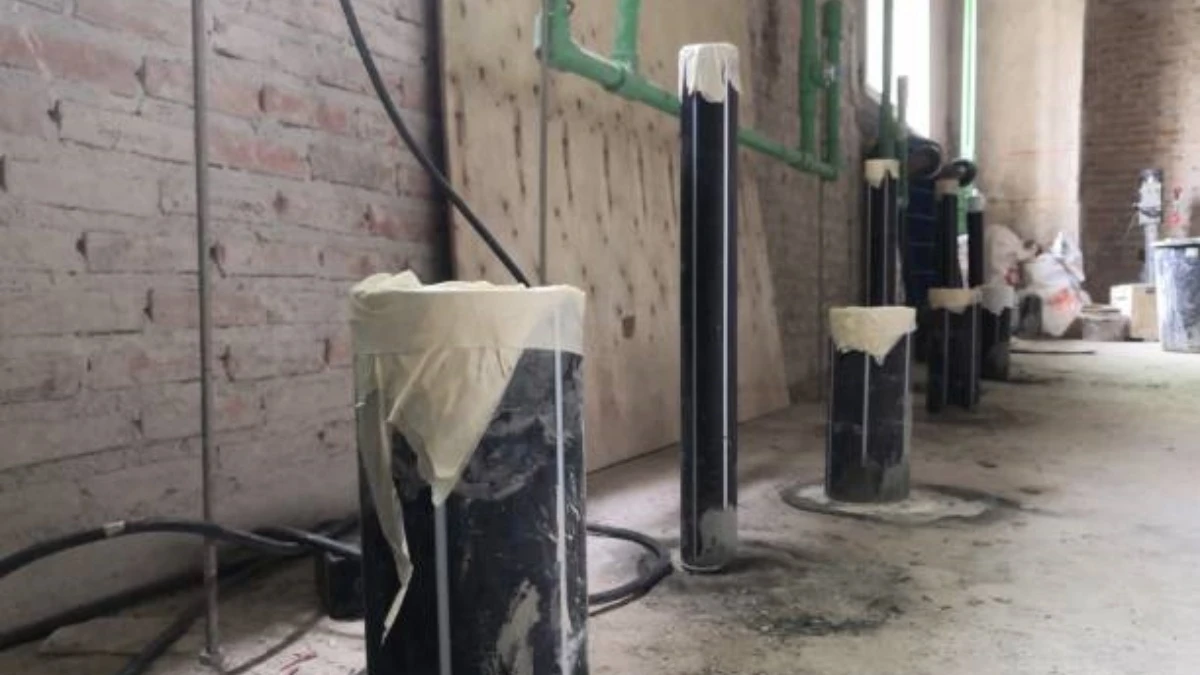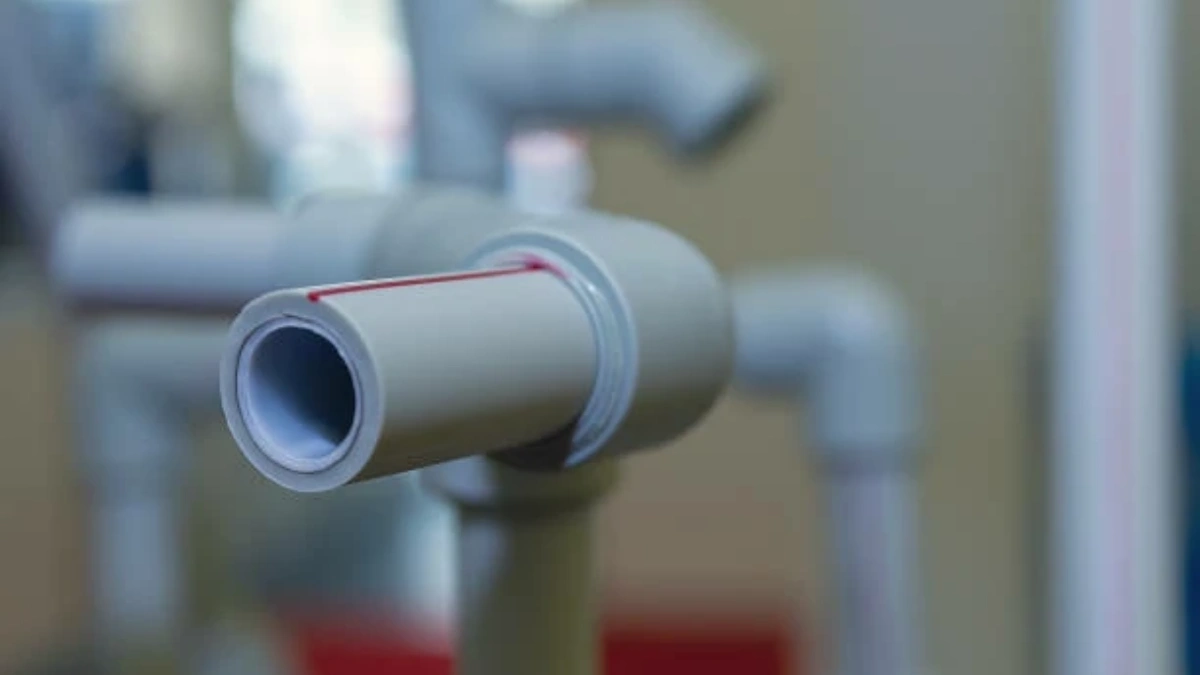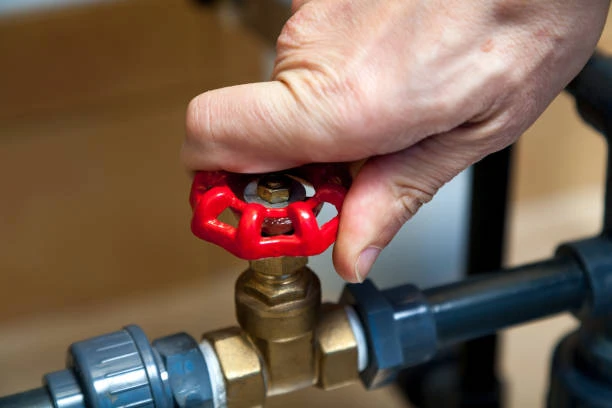In the ever-evolving landscape of infrastructure development, disputes over contracts are not uncommon. One recent high-profile case involves Summit Carbon Solutions, which has found itself at the center of a legal battle involving a substantial $15 million lawsuit. This article will explore the details of the lawsuit, the implications for the industry, and the role of pipe and pipe fitting in large-scale projects.
Background of the Lawsuit
The Parties Involved
Summit Carbon Solutions is popular for its ambitious carbon capture and storage projects, aimed at reducing greenhouse gas emissions. The lawsuit was initiated by a supplier who claims that Summit Carbon improperly canceled a contract for the provision of pipes and pipe fittings crucial for a major project.
Contract Details
The contract in question was reportedly valuate at $15 million and included specific terms regarding the supply of pipes and fittings necessary for the construction of pipeline infrastructure. These materials are critical in ensuring that carbon capture technologies operate efficiently and safely.
Reasons for Cancellation
Summit Carbon asserts that the contract was canceled due to unforeseen circumstances, including potential project delays and budget constraints. However, the supplier contends that this cancellation was unjustified and seeks compensation for the losses incurred as a result.
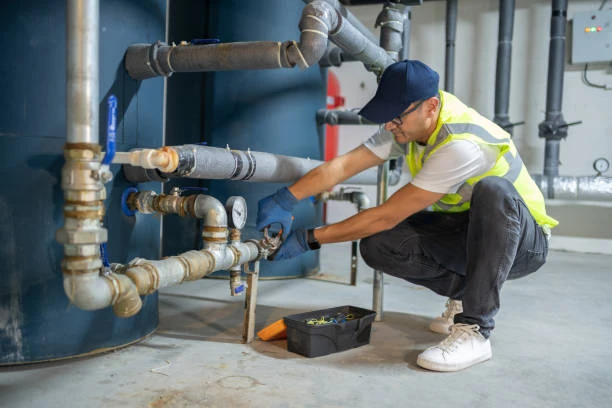
The Role of Pipes and Pipe Fittings in Carbon Capture Projects
Importance of Pipe and Pipe Fitting
Pipes and pipe fittings are fundamental components in any infrastructure project, especially in the energy and utility sectors. They serve as conduits for transporting fluids, gases, and, in this case, captured carbon dioxide. The effectiveness and safety of these systems largely depend on the quality and durability of the materials used.
Types of Pipes and Fittings
- Carbon Steel Pipes: Often used for their strength and durability, carbon steel pipes are ideal for high-pressure applications like those found in carbon capture systems.
- Stainless Steel Fittings: These fittings resist corrosion and are essential in environments where exposure to chemicals is a concern.
- PVC and HDPE Pipes: While not typically useful in high-pressure systems, these materials can be employed in less critical areas, such as drainage.
Compliance and Standards
Pipes and pipe fittings used in carbon capture projects must adhere to strict industry standards to ensure safety and efficiency. These standards include specifications for pressure ratings, material compatibility, and installation practices. Non-compliance can lead to significant operational risks and legal ramifications.
Legal Implications of Contract Cancellations
Impact on Suppliers
The cancellation of contracts like the one involving Summit Carbon can have severe consequences for suppliers. Beyond the immediate financial losses, suppliers may face difficulties in securing future contracts, as trust and reliability are vital in the industry.
Precedents in Contract Law
This case also raises questions about contract law and the enforceability of terms. The outcome may set a precedent regarding how cancellation clauses are interpreted and enforced in the energy sector.
Mediation and Settlement Options
Both parties may prefer to avoid lengthy court battles, which can be costly and time-consuming. The hope is to reach a mutually beneficial agreement that compensates the supplier while allowing Summit Carbon to navigate its project challenges.
Industry Reactions
Response from Summit Carbon
Summit Carbon has publicly stated its commitment to sustainable practices and emphasizes that the contract cancellation was a necessary step for the project’s evolving needs. They argue that flexibility is crucial in the face of complex, large-scale projects.
Supplier’s Perspective
On the other hand, the supplier argues that such cancellations undermine the integrity of contracts in the industry. They highlight the need for transparency and adherence to agreements, asserting that their financial viability is at stake.
Broader Industry Implications
This lawsuit has garnered attention within the industry, prompting discussions about the importance of clear communication and adherence to contractual obligations. Many experts suggest that both parties could benefit from better risk management strategies in future contracts.
Conclusion
The $15 million lawsuit against Summit Carbon Solutions underscores the complexities involved in large-scale infrastructure projects, particularly in the realm of carbon capture. As the industry continues to evolve, the significance of reliable pipe and pipe fitting suppliers cannot be overstated. Ensuring the integrity of contracts and fostering trust between parties will be essential for the successful implementation of innovative projects.
FAQs
1. What are pipes and pipe fittings used for in carbon capture projects?
Pipes and pipe fittings transport captured carbon dioxide and other fluids, ensuring efficient and safe operation of carbon capture technologies.
2. Why was the contract with Summit Carbon canceled?
Due to unforeseen circumstances, including project delays and budget constraints.
3. What types of pipes are typically useful in these projects?
Common materials include carbon steel pipes for strength, stainless steel fittings for corrosion resistance, and PVC or HDPE pipes for less critical applications.
4. How do contract disputes affect suppliers in the industry?
Contract disputes can lead to financial losses for suppliers and may damage their reputation, making it harder to secure future contracts.
5. What are the potential outcomes of the lawsuit?
The lawsuit may result in financial compensation for the supplier, a settlement agreement, or set a legal precedent regarding contract cancellations in the industry.

